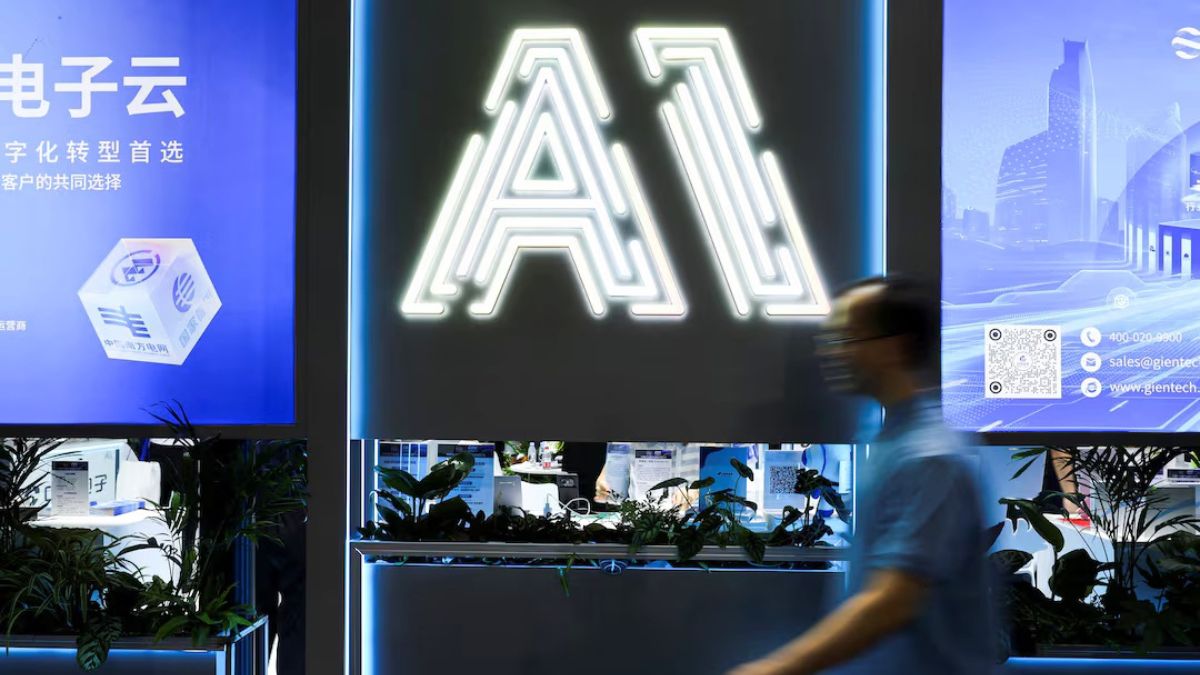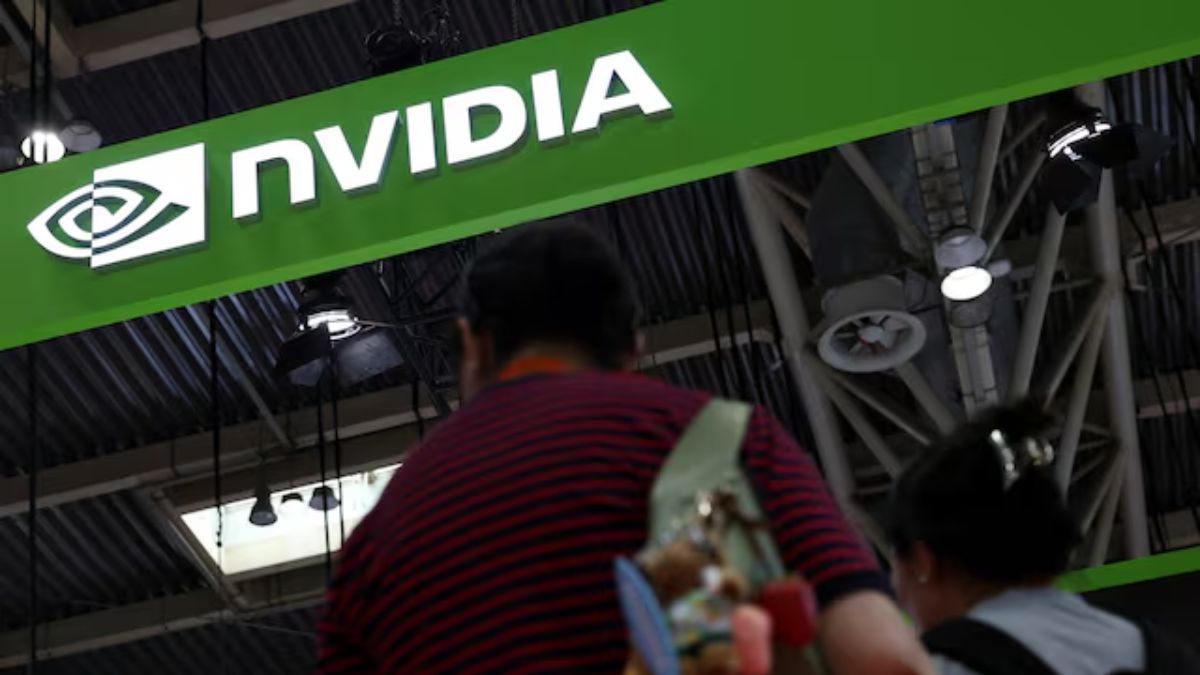China’s leading artificial intelligence companies have launched two major industry alliances aimed at building a self-sufficient domestic AI ecosystem in response to continued U.S. export restrictions on advanced technologies, including Nvidia’s high-end chips.
The announcements were made during the World Artificial Intelligence Conference (WAIC) in Shanghai, which ended on Monday. The alliances bring together chipmakers and developers of large language models (LLMs) to collaborate across the AI value chain—from hardware to applications.
One of the alliances, called the Model-Chip Ecosystem Innovation Alliance, includes chipmakers such as Huawei, Biren, Moore Threads, and Enflame, as well as LLM developer StepFun. The goal is to link chip production with AI model development and infrastructure. “This is an innovative ecosystem that connects the complete technology chain,” said Zhao Lidong, CEO of Enflame.
A second group, the AI Committee of the Shanghai General Chamber of Commerce, focuses on integrating AI with industrial applications. Members include SenseTime, which has shifted from facial recognition to AI models after being hit by U.S. sanctions, along with MiniMax, Metax, and Iluvatar CoreX.
The conference also featured significant product showcases. Huawei introduced the CloudMatrix 384, a system powered by 384 of its 910C chips. According to U.S. research firm SemiAnalysis, it outperforms Nvidia’s latest GB200 NVL72 on several benchmarks, thanks to advanced system-level engineering.
Other Chinese firms demonstrated similar high-performance clustering technologies. Metax unveiled an AI supernode with 128 liquid-cooled C550 chips designed for large data centers.
Several major tech companies also revealed new consumer-facing AI products. Tencent introduced its Hunyuan3D World Model 1.0, which creates 3D environments from text or image prompts. Baidu launched its next-gen “digital human” technology that can replicate a person’s voice and movements from just 10 minutes of video.
Alibaba revealed Quark AI Glasses, powered by its Qwen AI model, which will be released in China by the end of 2025. The smart glasses offer voice-controlled navigation and mobile payments via Alipay.
These moves reflect a broader push by China to reduce its reliance on U.S. technology amid tightening export controls and geopolitical tensions. The new alliances aim to accelerate the country’s progress in AI hardware and software despite sanctions.











